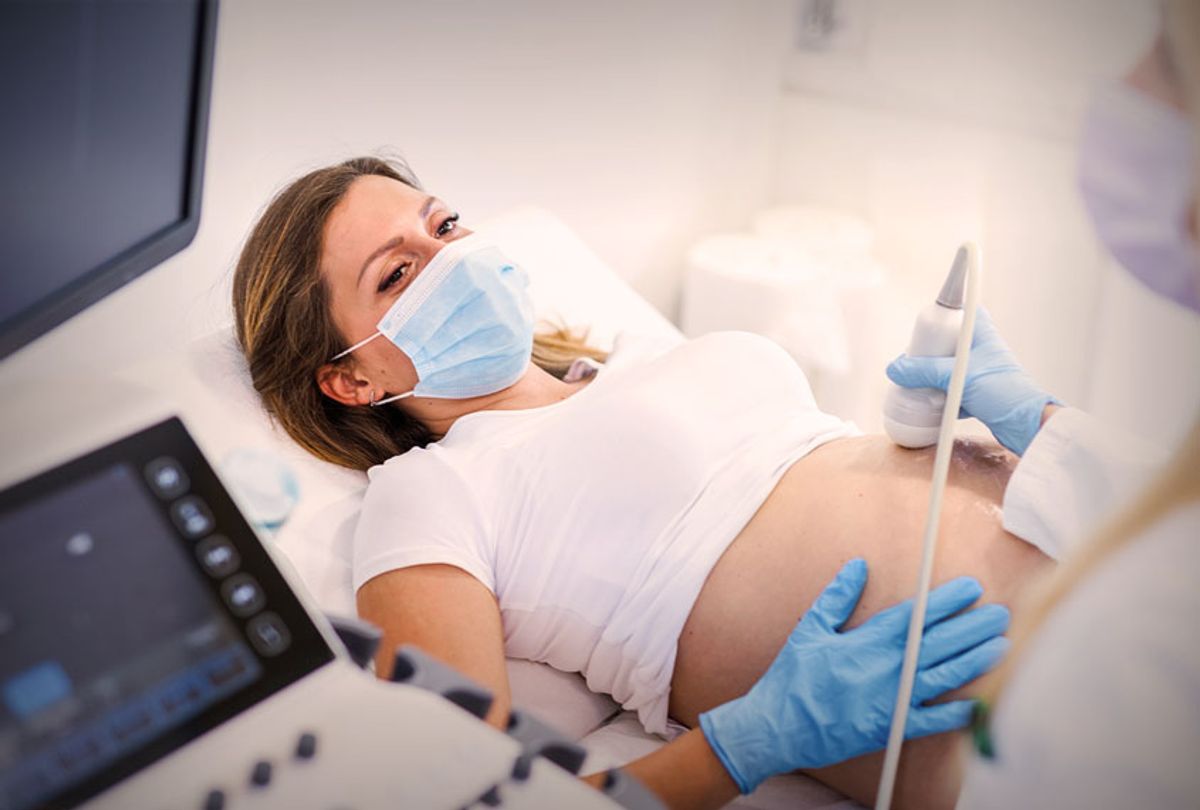Medical experts are baffled as to why that has there has been a surprising drop in the number of premature babies born during the coronavirus pandemic, as first reported by The New York Times.
At University Maternity Hospital Limerick in Ireland, a neonatologist named Dr. Roy Phillip began investigating the matter when he learned that the hospital had not ordered any of the breast milk-based fortifier that doctors feed to the tiniest premature babies, as the Times story recounts. After being told that no babies had been born who required it, Dr. Phillip and his team compared the birth weights of babies (which tends to correlate to whether a baby is premature) born in their hospital between January and April of 2001 all the way through that same period in 2020.
They found that the number of babies born under 3.3 pounds had been reduced by 75%, while none at all had been born under 2.2 pounds. Even after the Irish lockdown began to end in June, the numbers continued to stay at unprecedented lows, according to Dr. Phillip.
At the same time that Ireland was discovering its own reduced number of preemies, medical professionals in other countries were finding the same thing. A neonatologist named Dr. Stephen Patrick at Vanderbilt Children's Hospital in Nashville discovered that roughly 20 percent fewer NICU [neonatal intensive care unit] babies were born at his hospital in March than usual. A neonatologist at the University of Calgary in Alberta, Dr. Belal Alshaikh, learned that premature births across the province dropped by nearly half during his country's lockdown.
At the Statens Serum Institut in Copenhagen, Dr. Michael Christiansen learned that the rate of babies being born before 28 weeks had dropped by 90 percent from March 12 to April 14 in 2020 (during the main lockdown period in Denmark) compared to the rates over the previous five years. Doctors in Australia and the Netherlands made similar discoveries of their own.
According to the Times article, potential explanations for the drop in premature births tend to involve the consequences of women staying at home, including the increase in physical rest, reduced exposure to infectious diseases and reduced exposure to air pollution.
"I saw this as well. I, too, was intrigued," Mark Mercurio, a professor of neonatology at Yale University told Salon by email. "Our NICU has been as busy as ever, and I don't personally have the specific numbers at hand from the most recent months to tell you whether our premature birth rate, especially the very preterm ones, is down. I have contacted those who keep those stats."
It is worth noting that the two papers discussing this phenomenon have been posted on the preprint server medRxiv but have not yet been peer reviewed. Speaking to the Australian Financial Review, Professor of Obstetrics at the University of Western Australia John Newnham said that "it would extraordinary if the described reduction had occurred. Such a quantum leap would be a major advance and may have been discovered by accident."
He added, "But these results need to be replicated because very early preterm births have been stable over the last decades. The first explanation to be excluded is whether pregnant women have gone to a closer hospital because of the lockdown."
The seeming drop in premature baby births is only one of the medical mysteries that has emerged from the coronavirus pandemic. There are questions about why people respond so differently to being infected with the virus, the correlation between being asymptomatic and health issues arising from the virus, where the virus originated, how much of the virus can make you sick, how long one can remain immune after infection and the role played by children in spreading it.



Shares